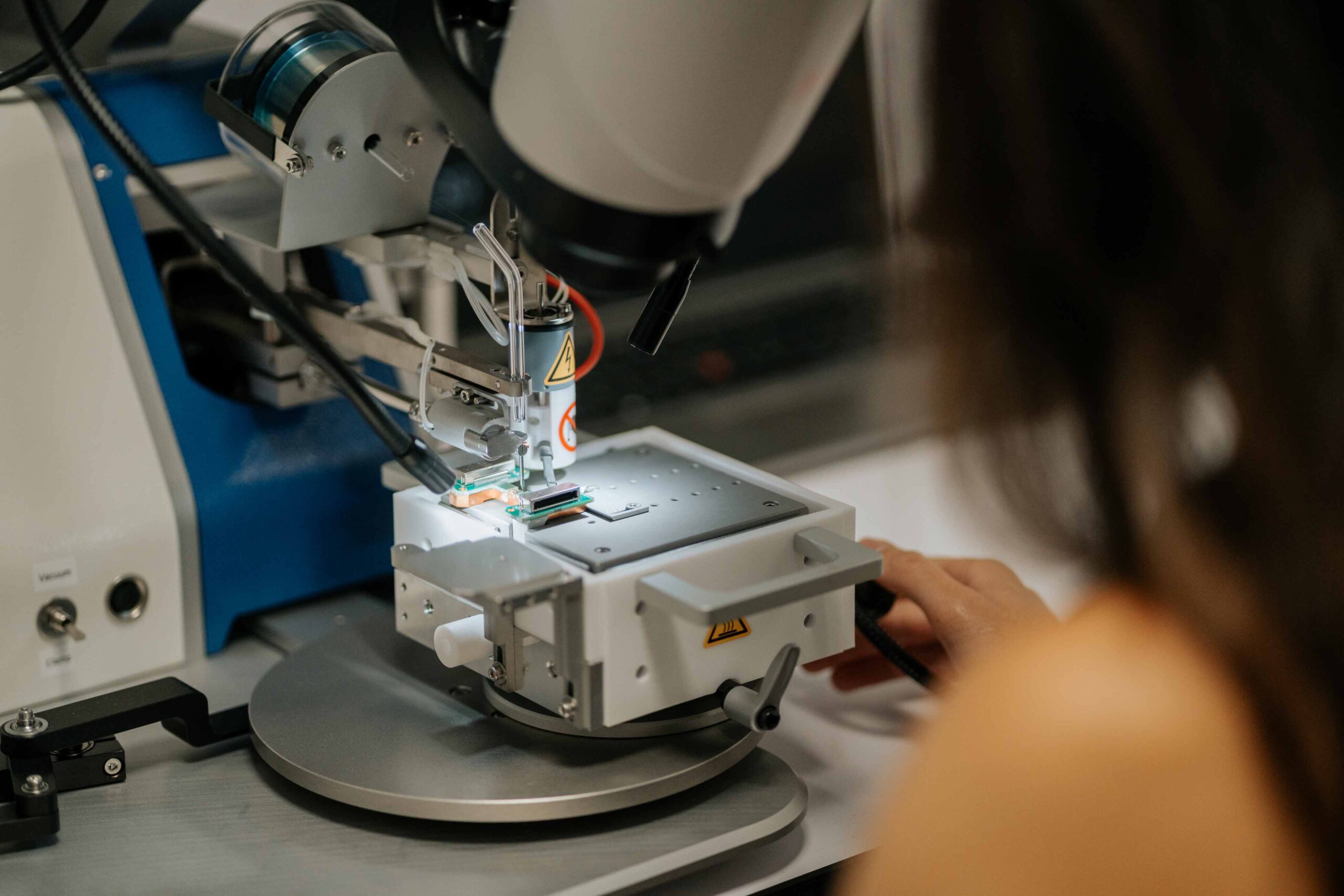- Sectors
- Aerospace & Defense
- Big science
- Fintech
- Insights

The Government of the Canary Islands has declared the QCIRCLE project, led by ARQUIMEA Research Center, strategic because of its potential to profoundly transform the social and economic fabric of the archipelago. This endorsement not only positions QCIRCLE as a decisive player in innovation, but also underlines its capacity to address some of the major global challenges directly affecting the islands, such as the water and energy emergency.
The project, co-funded by the European Union and developed in collaboration with leading international partners such as CSIC and its quantum platform QTEP (Spain), the University of ULM and its Institute of Quantum Optics (Germany), the UK Quantum Technology Hub Sensors and Timing (UK) and the Institute for Quantum Optics and Quantum Information of the Austrian Academy of Sciences (Austria) is focused on the creation of a center of excellence in the Canary Islands. This center, dedicated to the research and development of advanced technologies, promises to turn the archipelago into a pole of reference for innovation in critical areas such as digitalisation, health and wellbeing, energy and sustainability.
QCIRCLE will involve a public-private mobilisation of more than 30 million euros over six years, for which the support of the European Union and the regional and autonomous governments is crucial. ARQUIMEA Research Center already has a staff of more than 100 professionals, a figure that will continue to increase over the coming years, with the aim of exceeding 200 employees.
The recognition, also awarded to 16 other projects, by the Government of the Canary Islands underlines the strategic importance of the project for the future of the region. At a time when the Canary Islands are seeking to diversify their economy and find sustainable solutions to structural problems, such as dependence on external resources and the need for energy transition, ARQUIMEA stands as a fundamental pillar in this transformation. All the selected projects have in common one of the following themes: astrophysics, space and aeronautics, emerging industries, energy, sustainability, vocational training, internationalisation and digitalisation.
About QCIRCLE
QCIRCLE is a project promoted by the European Union with the aim of creating an international center of excellence in quantum in the Canary Islands. Its vision is to accelerate the adoption of emerging quantum technologies by leveraging their broad and profound societal benefits. The center will be based in Tenerife and Gran Canaria and will be co-financed by the European Union, national and regional authorities and ARQUIMEA, with a budget of 30 million euros.
About ARQUIMEA Research Center
ARQUIMEA Research Center is the private non-profit research center of the Spanish technology company ARQUIMEA. Since its creation in 2020, it brings together senior and junior researchers from all over the world at its headquarters in Tenerife and Gran Canaria and develops disruptive technologies and business models that will serve as an engine for ARQUIMEA’s socio-economic growth in the medium and long term.
ARQUIMEA is a technology company that operates globally, providing innovative solutions and products in highly demanding sectors. Its sectors of activity are Aerospace, Defence and Security, Science Industry, Biotechnology and Fintech. ARQUIMEA has R&D&I in its DNA and believes in technology as a driving force for the development of society. It develops new technologies that it then transforms into products and solutions for the markets and sectors in which it operates.
![]()

“Funded by the European Union. Views and opinions expressed are however those of the author(s) only and do not necessarily reflect those of the European Union. Neither the European Union nor the granting authority can be held responsible for them.”